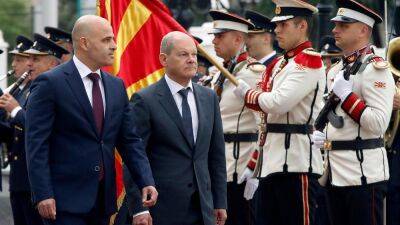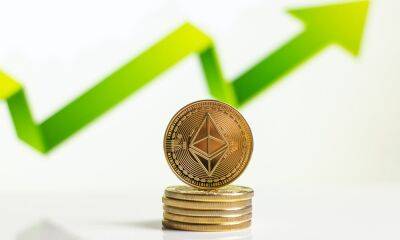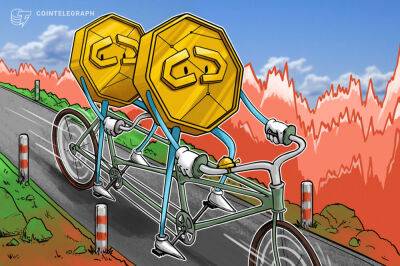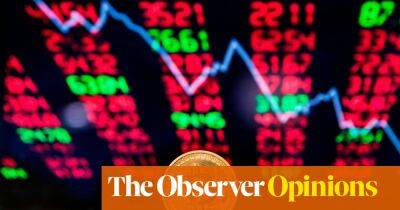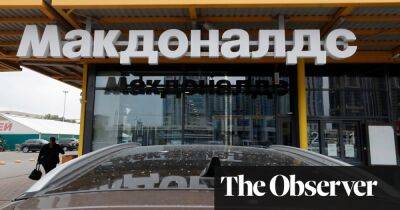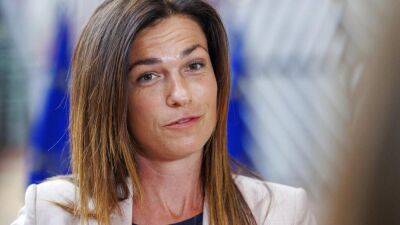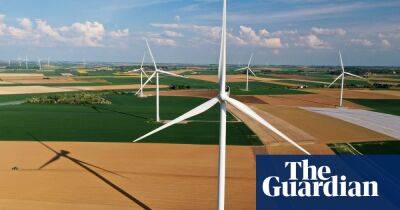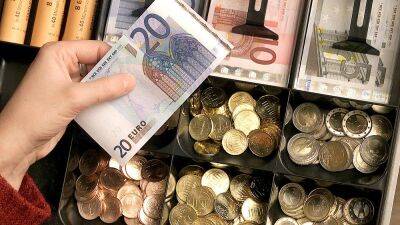EU growth forecast cut as war in Ukraine fuels inflation
The growth prospects for the EU have been revised sharply downwards after Russia’s invasion of Ukraine put paid to hopes of a strong and sustained recovery from Covid-19 over the next two years.
Rocketing energy prices as a result of the conflict have pushed up inflation and increased economic headwinds during a period when they were expected to subside, the European Commission said in its latest forecasts.
The commission now expects 2022 growth of 2.7% in the 19-nation euro area and the broader 27-country EU – down from a forecast of 4% three months ago.
But it said a complete cut in supplies of Russian gas would shave a further 2.5 points off growth – bringing the economy to a virtual standstill this year.
With many European countries heavily dependent on Russian energy exports, growth is expected to slow further next year – to 2.3% in the EU and the euro area.
Inflation, already at its highest in the euro area since the creation of the single currency more than two decades ago, is expected to average 6.1% this year, up from 3.5% in the last set of commission predictions in February. EU-wide inflation is expected to average 6.8%. Inflation would average close to 10% in the event of a Russian gas ban, the commission said.
“The outlook for the EU economy before the outbreak of the war was for a prolonged and robust expansion. But Russia’s invasion of Ukraine has posed new challenges, just as the Uunion had recovered from the economic impacts of the pandemic,” it said in a statement.
The fastest growing countries in the EU this year are expected to be Portugal, at 5.8%, and Ireland (5.4%), with Estonia (1%), Germany and Finland (both 1.6%) forecast to be the weakest.
Valdis Dombrovskis, an EU trade commissioner, said: “There is
Read more on theguardian.com


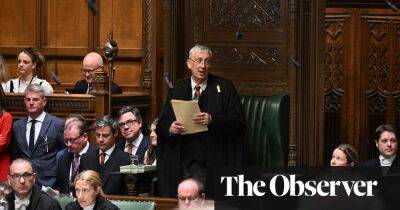

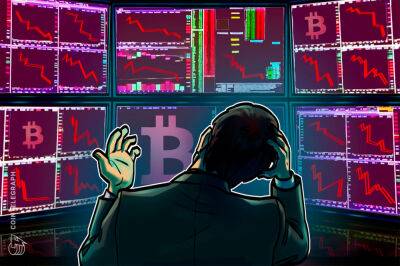


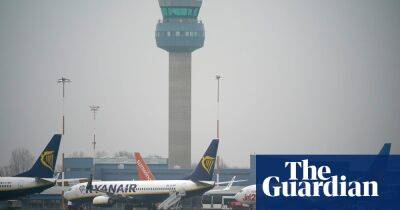
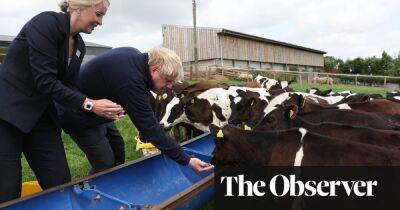
![Curve Finance [CRV]: Despite humdrum price action, is there hope for a recovery - ambcrypto.com - city Santiment](https://finance-news.co/storage/thumbs_400/img/2022/6/11/29281_vqo6.jpg)
